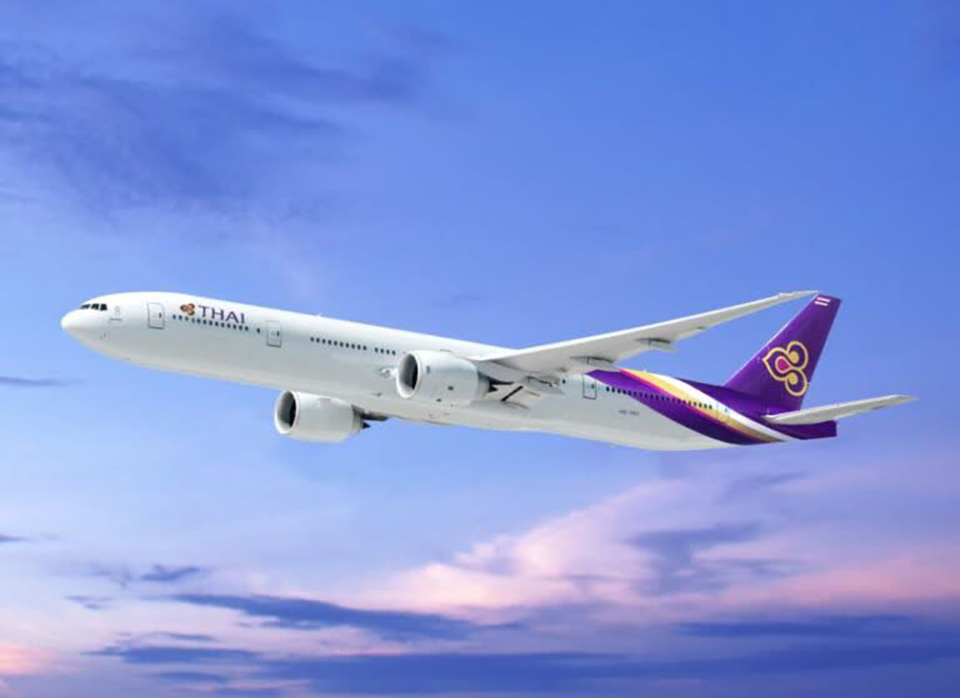
Increased travel demand owing to the lifting of Covid restrictions in China and Japan has enabled Thai Airways Plc. to earn 41 billion baht in revenue in the first quarter of this year. Meanwhile, Thai Airways creditors will consider the company’s plan to merge with Thai Smile Airways next week.
Thai Airways Chief Executive Officer Chai Eamsiri revealed that the company and its subsidiaries had a total revenue of 41.507 billion baht in the first quarter of 2023. This was a jump from the revenue figure in the same period of the previous year when 11.181 billion baht of revenue was generated.
Mr. Chai said the main factor for the revenue growth was the increase in flights on popular routes such as those to and from Japan and China.
He said that in the second quarter, Thai Airways will take delivery of 2 out of 11 new Airbus A350-900 aircraft ordered under the company’s aircraft procurement plan. The new aircraft will primarily serve routes to China, accommodating heightened travel demand in the Chinese market. The frequency of flights from Guangzhou, Beijing, and Shanghai will be increased further. The company also plans to raise the frequency of flights to European destinations, including to the UK and to Frankfurt, Germany. Mr. Chai disclosed the European market remains a key revenue generator for Thai Airways, contributing about 40% of the carrier’s revenue.
Mr. Chai said he expects Thai Airways to carry about 9 million passengers in the first half of 2023 and earn about 130 billion baht of revenue.
The CEO also spoke of the merger between Thai Smile Airways and Thai Airways. He made known that results from the study into the merger proposal have already been yielded. Thai Airways is now awaiting endorsement of the merger from its creditors, to whom the results will be presented next week.
Mr. Chai said a merger will improve assets management and the efficiency of aircraft use. He said a Thai Smile aircraft currently flies for 9 hours per day and this would increase to 12-13 hours with the merger, resulting in a 20% cost reduction. (NNT)





